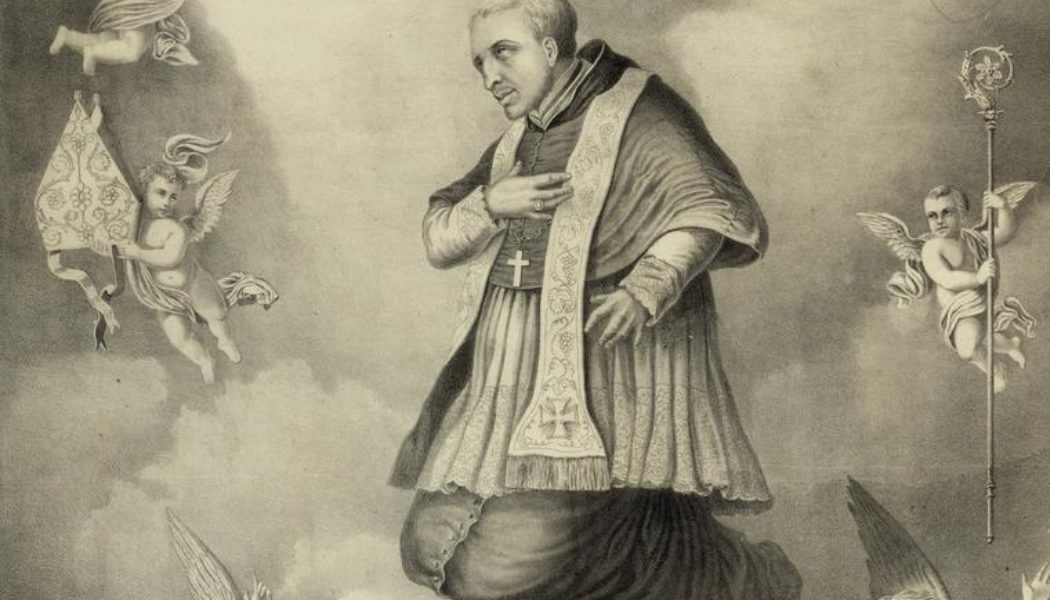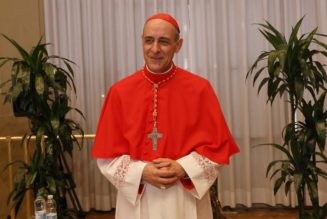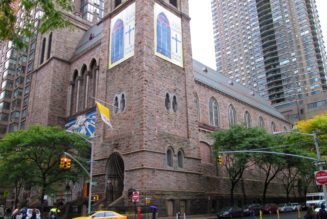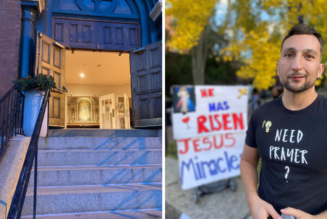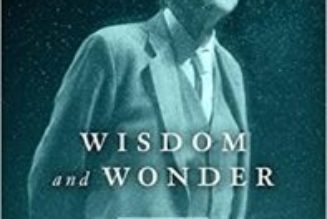
Aug. 1 is the feast day of the great Doctor of the Church
All of the Lord’s gifts to mankind are aimed at catching souls and binding them to his love, says St. Alphonsus Liguori in a homily that appears in today’s Office of Readings.
All of God’s creation derives from his love for mankind, “so that all creation might serve man, and man, in turn, might love God out of gratitude for so many gifts.”
And St. Alphonsus, whose feast day the Church celebrates today, stresses that the greatest gift he gave fallen humanity was his only Son, to make reparation for us and call us back to a sinless life.
Reflecting on the infinite generosity of God for his children, the bishop and doctor of the Church concludes: “He who did not spare his own Son, but handed him over for all of us: how could he fail to give us along with his Son all good things?”
Here below is the full text of that homily, written with his characteristic clarity and eloquence:
On the Love of Christ
All holiness and perfection of soul lies in our love for Jesus Christ our God, who is our Redeemer and our supreme good. It is part of the love of God to acquire and to nurture all the virtues which make a man perfect.
Has not God in fact won for himself a claim on all our love? From all eternity he has loved us. And it is in this vein that he speaks to us: “O man, consider carefully that I first loved you. You had not yet appeared in the light of day, nor did the world yet exist, but already I loved you. From all eternity I have loved you.”
Since God knew that man is enticed by favors, he wished to bind him to his love by means of his gifts: “I want to catch men with the snares, those chains of love in which they allow themselves to be entrapped, so that they will love me.” And all the gifts which he bestowed on man were given to this end. He gave him a soul, made in his likeness, and endowed with memory, intellect and will; he gave him a body equipped with the senses; it was for him that he created heaven and earth and such an abundance of things. He made all these things out of love for man, so that all creation might serve man, and man in turn might love God out of gratitude for so many gifts.
But he did not wish to give us only beautiful creatures; the truth is that to win for himself our love, he went so far as to bestow upon us the fullness of himself. The eternal Father went so far as to give us his only Son. When he saw that we were all dead through sin and deprived of his grace, what did he do? Compelled, as the Apostle says, by the superabundance of his love for us, he sent his beloved Son to make reparation for us and to call us back to a sinless life.
By giving us his Son, whom he did not spare precisely so that he might spare us, he bestowed on us at once every good: grace, love and heaven; for all these goods are certainly inferior to the Son. He who did not spare his own Son, but handed him over for all of us: how could he fail to give us along with his Son all good things?”
St. Alphonsus Liguori was born in Marianella near Naples on Sept. 27, 1696, the firstborn of a large family belonging to the Neapolitan nobility. In 1723, he entered seminary despite opposition from his father. He was ordained a priest at the age of 30 in 1726. Only six years later, he founded the Congregation of the Most Holy Redeemer, popularly known as the Redemptorists, to bring the Good News to the poor and the most abandoned.
A musician, painter, poet and author, St. Alphonsus’ greatest contribution to the Church was in moral theology. He occupies the golden mean between the schools tending either to laxity or to rigor which divided the theological world of his time.
In 1762, at the age of 66, he was consecrated bishop of St. Agatha of the Goths, reluctantly so as he felt he was too old and too sick to properly care for the diocese. In 1775 was allowed to retire from office and went to live in the Redemptorist community in Pagani where he died on Aug. 1, 1787. He was canonized in 1839, proclaimed a Doctor of the Church in 1871 and patron of confessors and moralists in 1950.
See EWTN’s longer biography here.
